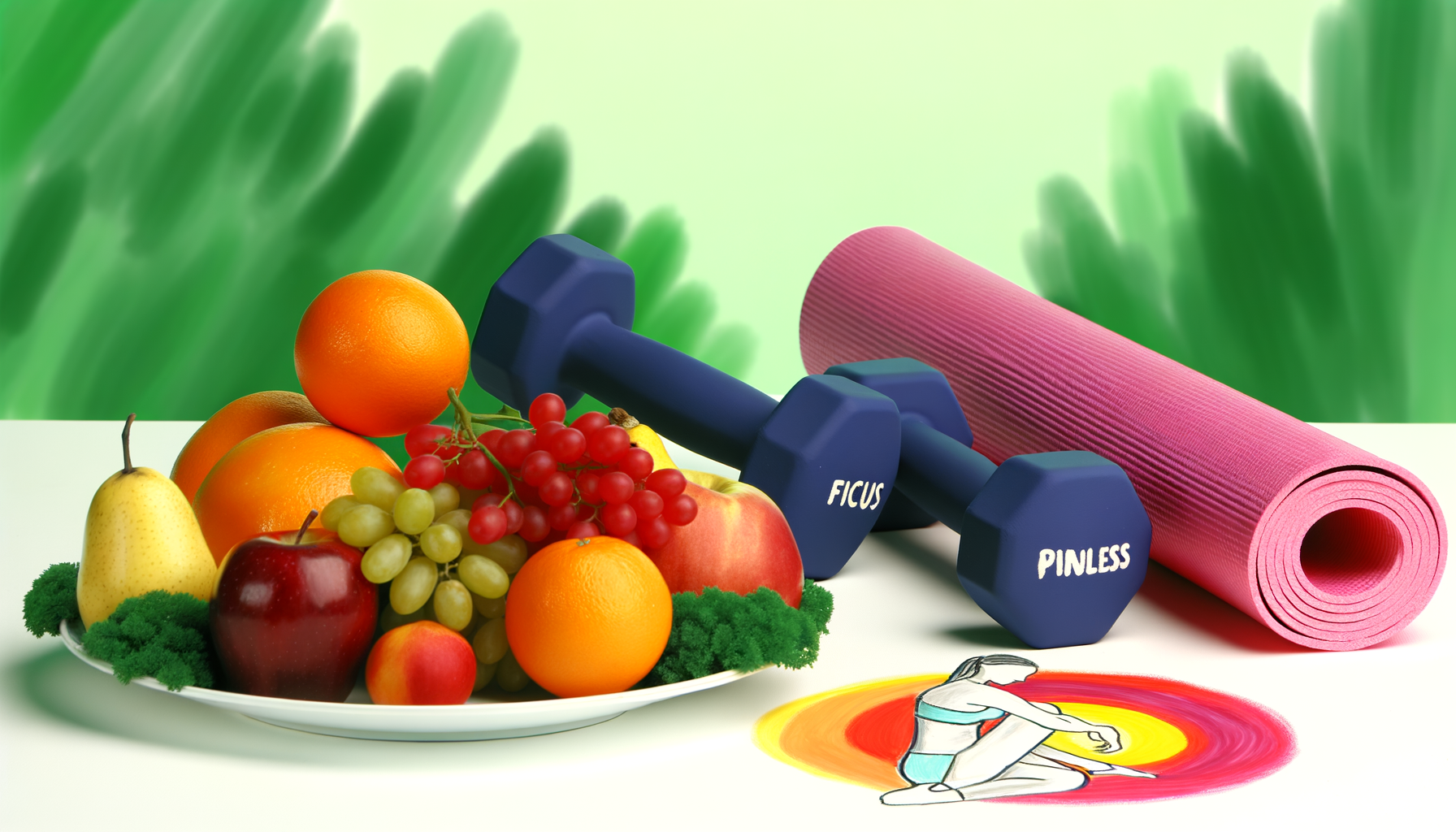## Understanding the Impact of Calorie Intake on Bone Health
When it comes to managing osteoporosis and maintaining strong bones, nutrition plays a crucial role. Here, we will delve into the calorie considerations and nutritional strategies that can help individuals with osteoporosis and other bone health issues.
### The Role of Key Nutrients in Bone Health
Bone health is heavily influenced by the intake of several key nutrients: calcium, protein, and vitamin D. These nutrients are essential at all stages of life, but their importance is particularly highlighted in individuals with osteoporosis or those at risk of developing it.
#### Calcium
Calcium is a critical component of bone tissue and is essential for maintaining bone density. The recommended daily intake of calcium varies, but generally, adults need between 1,000 to 1,200 milligrams per day. Foods rich in calcium include dairy products like milk, yogurt, and cheese, as well as plant-based sources such as kale, broccoli, and fortified plant-based milks like almond and oat milk.
#### Protein
Protein is another vital nutrient for bone health. It forms a significant part of bone tissue and helps in maintaining bone strength. The recommended protein intake is about 25% to 35% of total daily calories, with optimal sources including plant proteins like beans and nuts, fish, skinless poultry, and lean cuts of meat. Low-fat dairy products are also excellent sources of protein that benefit bone health.
#### Vitamin D
Vitamin D is crucial for the body to absorb calcium and deposit it into bones. The recommended daily intake of vitamin D is around 800 IU, and it can be obtained through sunlight exposure, dietary sources like fatty fish, and supplements. Vitamin D deficiency is common, especially in older adults, and can significantly impact bone health.
### The Effects of Caloric Restriction on Bone Health
Caloric restriction, often adopted for weight loss, can have detrimental effects on bone health. Here are some key points to consider:
#### Reduced Bone Density
Studies have shown that significant caloric restriction can lead to reduced bone mineral density (BMD) and increased risk of fractures. This is particularly true for diets that are very low in calories, such as those below 1,200 calories per day for extended periods.
#### Impact on Bone Metabolism
Caloric restriction can suppress skeletal turnover, leading to lower bone quantity and quality. This effect is partly due to reduced mechanical loading, which is essential for maintaining bone homeostasis. Additionally, bone marrow adipose tissue (BMAT) increases with caloric restriction, which may contribute to the pathological process of bone loss.
#### Safe Weight Loss Practices
For individuals aiming to lose weight, it is crucial to do so in a way that does not compromise bone health. Eating a balanced diet that includes adequate calcium, vitamin D, and protein, along with regular exercise, is essential. Crash diets or very low-calorie diets should be avoided, as they can lead to significant bone loss over time.
### Dietary Recommendations for Bone Health
Here are some detailed dietary recommendations to support bone health:
#### Eat More Vegetables, Fruits, and Whole Grains
Consuming a diet rich in vegetables, fruits, and whole grains is beneficial for bone health. These foods are high in fiber, essential vitamins, and minerals such as magnesium and potassium, and contain phytochemicals that protect against diseases like osteoporosis. Aim for at least four servings of vegetables and three servings of fruit daily, and choose whole grains over refined ones.
#### Choose Healthy Sources of Protein and Fat
Selecting healthy sources of protein and fat is important. Opt for plant proteins, lean meats, and low-fat dairy products. Monounsaturated fats found in olive oil, nuts, and seeds are beneficial, while saturated fats should be avoided.
#### Adequate Calcium and Vitamin D Intake
Ensure you are getting enough calcium and vitamin D through your diet or supplements. Dairy products, fortified foods, and sunlight exposure are key sources of these nutrients. For those who cannot get enough from their diet, calcium and vitamin D supplements may be necessary, especially in seniors or those at high risk of osteoporosis.
### Exercise and Lifestyle Considerations
In addition to nutrition, regular exercise and a healthy lifestyle are crucial for maintaining strong bones.
#### Weight-Bearing Exercise
Engage in weight-bearing exercises tailored to your individual needs and abilities. This type of exercise helps maintain bone density and strength by applying mechanical stress to the bones.
#### Balanced Lifestyle
Maintain a balanced lifestyle that includes adequate sleep, minimal alcohol consumption, and avoidance of smoking. These factors can all impact bone health and overall well-being.
### Case Studies and Real-World Examples
#### Athletes and Bone Health
Athletes, particularly those in endurance sports, face unique challenges related to bone health. Low carbohydrate availability and low energy states can negatively impact bone formation and increase the risk of fractures. Ensuring adequate carbohydrate intake before, during, and after exercise can help mitigate these risks.
#### Seniors and Osteoporosis
In seniors, a well-balanced diet rich in calcium, vitamin D, and protein is essential to slow the rate of bone loss and preserve muscle function. Malnutrition is common among the elderly, so ensuring adequate nutrient intake is critical. Regular weight-bearing exercise and fall prevention strategies are also important.
### Summary and Next Steps
Maintaining strong bones and managing osteoporosis require a comprehensive approach that includes a balanced diet, regular exercise, and a healthy lifestyle. Here are the key takeaways:
– Ensure adequate intake of calcium, protein, and vitamin D.
– Eat a diet rich in vegetables, fruits, and whole grains.
– Choose healthy sources of protein and fat.
– Avoid very low-calorie diets and ensure sufficient caloric intake.
– Engage in regular weight-bearing exercise.
For personalized nutrition plans and to better understand your calorie needs, consider using tools like the Calorie Calculator Cloud to help you make informed decisions about your diet.
By following these guidelines and consulting with healthcare professionals, individuals with osteoporosis or bone health issues can take significant steps towards maintaining strong, healthy bones.
If you are looking for more detailed pricing and plans for nutrition and calorie management tools, you can check out the Calorie Calculator Plans. These resources can help you tailor your diet to your specific needs and ensure you are getting the nutrients necessary for optimal bone health.








